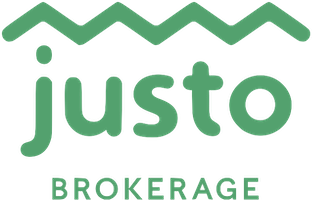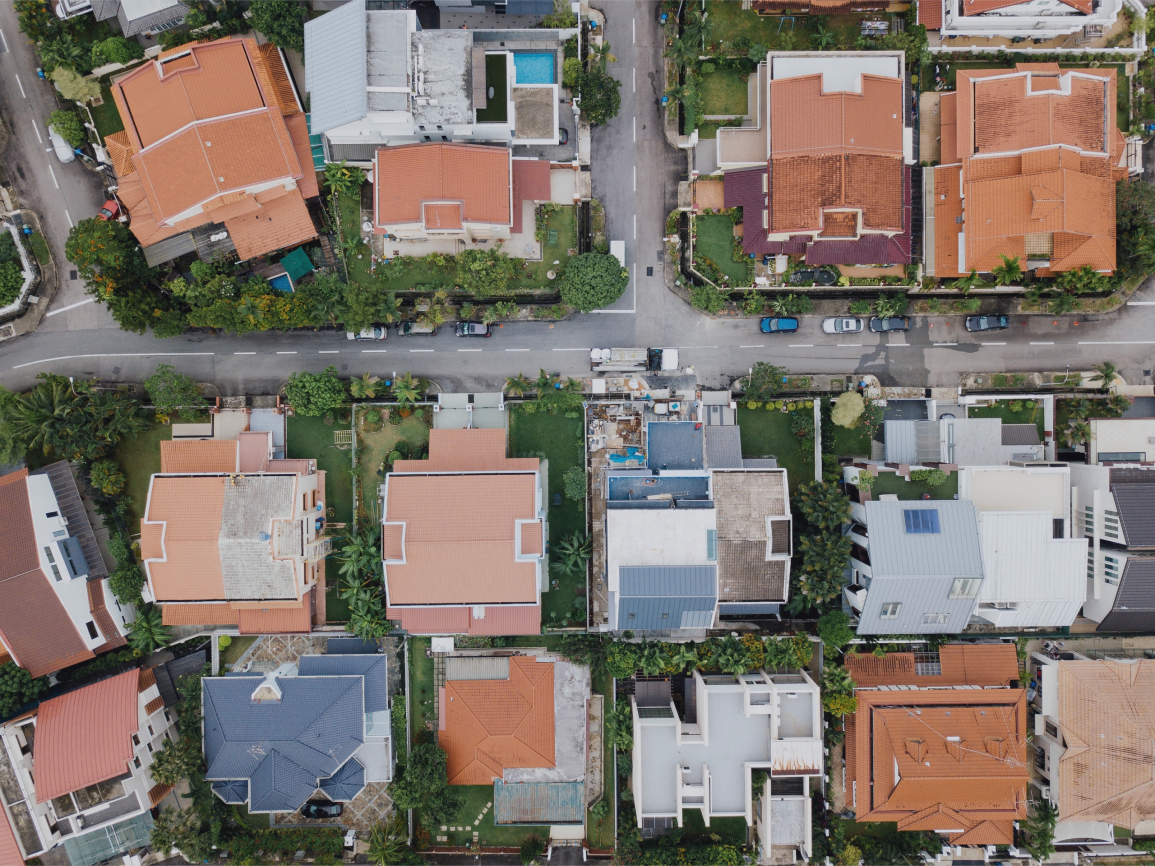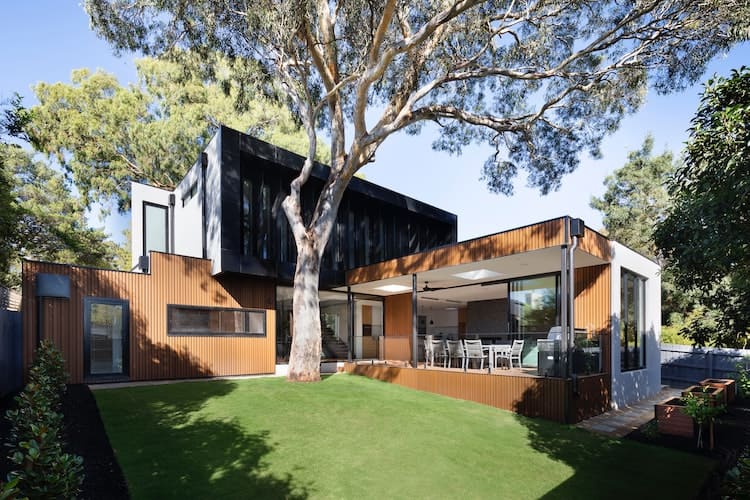
How to buy real estate in Canada?
Congratulations, you have decided to take a big step and invest in real estate in Canada! Deciding to buy a home, no matter where you are looking to purchase a home, whether that’s your hometown or somewhere new is always a big decision. It can be a complex process with a lot of moving parts and many things that you will need to consider.
Hopefully, after reading this guide you will have gained greater insight into what it is like to buy real estate in Canada, what you can expect when purchasing and investing in real estate in Canada, what the process is like for buying real estate here, and more. It is important to remember that this guide is meant to serve as a jumping-off point for the process of buying real estate in Canada, this is not meant to be a definitive guide on buying real estate in Canada.
It is meant to help you begin to understand what the process might look like for you and what you might be able to expect. Your actual experience buying real estate in Canada as a permanent resident in Canada, a Canadian citizen or non-resident might differ from what is described in this article.
Related article: The Ultimate Buyer’s Guide for Buying a House in Toronto
Checklist for buying real estate in Canada
Determine your budget, desired type of home, area and neighbourhood(s)
First, before you begin actually going to look at possible homes or make any major decisions you will need to make a few decisions. You will need to figure out where you are looking to buy, do you have a specific region, province, city, and/or neighbourhood in mind where you would like to buy a home or invest in real estate?
You will need to determine what type of home you want to buy i.e. are you looking to buy a townhouse, single-family detached house, condo, land, etc. Finally, if you have not already done so you will need to determine how much money you are able and willing to spend for a home in Canada. It is important to keep in mind that you will need to also account and pay for closing costs, and anything else that might come up as you look to purchase a home.
You should be budgeting at least 5% of your desired home’s sale price, if not more to account for closing costs. If you are looking to buy real estate in Toronto and want to gain an idea of how much you can expect to pay in closing costs you can check out this article on closing costs in Toronto. [How much are closing costs in Toronto?]
You might find your perfect home and need to pay for repairs, renovations or do other work on it before moving in. Also, you will probably need to pay movers to help you move your belongings into your new home or maybe hire painters and/or buy new furniture for your new home.
This is also a good time to make a list of the amenities you want in a home, e.g. are you looking for an open-concept home, gourmet kitchen, large master bath, proximity to green space, mudroom, a certain number of bedrooms, etc. You should have a wishlist for potential homes and really try to determine what you want for this home, is this your primary or secondary residence, are there special features you want in your home that will make a difference for you and your family (if you have a family)?
Are you dreaming of a home with a rainfall shower or clawfoot bathtub or maybe you want to be close to nature? Get clear on what you want and figure out what are your must-haves, nice-to-haves, dealbreakers, and more. The clearer you are for what you want in a home the easier it will be for you to embark on the journey on making your vision a reality.
Find a real estate or broker to represent you as the buyer
Assuming you have completed step one, gotten pretty clear on what you want, where you want to buy, etc. now you will take an important step and find a real estate agent or broker, who you like and trust, to represent you as the buyer. The person or persons who is/are your real estate agent(s) or broker(s) representing you as the buyer, has/have an important role representing you as a real estate agent or broker.
A great real estate agent or broker can make or break a sale and make your life much easier. If you are unsure about how to go about finding the right real estate agent for you, you check out our article on this here [How to Pick an Agent When Flipping a House in Toronto].
Get pre-approved for a mortgage/loan if you have not done so already
If you have not already done so you should be getting pre-approved for a mortgage, loan or other types of financing to help you purchase your home. If you are looking to buy in the future but need guidance on raising your credit score so you can qualify for a mortgage, you can check out our article here on raising your credit score [How to Boost a Low Credit Score (and Qualify for a Mortgage) in Ontario?].
You will want to get pre-approved for a mortgage so you can avoid having issues down the road if you put an offer on a home and have issues preventing you from being able to purchase a home because you were not able to secure the appropriate amount of financing in order to purchase a home. Get pre-approved for a loan before you seriously begin looking at homes if you will need financing to purchase a home, this does not apply if you will be making an all-cash offer since you will not need money for a bank or financial institution to make this purchase.
If you are a non-resident in Canada and you want to buy a home in Canada but will need a mortgage to make this happen. Do not fret, Canadian banks offer non-resident mortgages for people who are not permanent residents in Canada or Canadian citizens.
However, be aware that if you are a non-resident looking to be approved and receive a non-resident mortgage you will need to have funds available to make at least a 35% down payment and you will have your credit history verified in your home country. If you are interested in getting a non-resident mortgage in Canada to buy real estate, check out our guide here on non-resident mortgages [Can U.S. citizen buy property in Canada?].
Begin doing research and searching for your next home
Assuming if you have not already done so this is the time when you want to begin researching homes and looking at homes online. If you have found a real estate agent or brokerage to represent you at this is the time when you might be talking with them about your goals. If you are not already looking at sites like Zillow or the MLS for Toronto to see what is available, now is the time when you would want to be doing this.
Look at homes with your agent(s)
At this point in time, you should be looking at homes with your agent or broker and hopefully, you will find your dream home quickly. But be prepared to spend a little while looking and for this process to take a bit since bureaucratic processes like selling and purchasing real estate take time.
Find your home
Hopefully, you can find your dream home quickly but as mentioned previously it might take you and your agent a few months or more for you to find your dream home. But with time, perseverance, patience, and work you find your dream home. You might happen upon your dream home when you least expect it but you should be able to find your dream home.
Sign the Agreement of Purchase and Sale (APS) documents
Congratulations the seller(s) has/have accepted your offer to buy their home. Now you will be signing the Agreement of Purchase and Sale (APS) documents that will help you to officially purchase your new home. When you go into sign the APS documents you will need to be prepared, with at least one government-issued photo ID and your cheque book. You will need these to purchase your home and will not be able to purchase your home without them. Your real estate agent or broker will walk through signing these documents and will be there to answer any questions you might have.
Get a home inspection done
Now, these few steps might not sound super sexy or exciting but they are incredibly important. You should definitely be getting a home inspection done before closing or taking possession of your home, even if you are buying a pre-construction or newly built home. Get your home inspected to avoid any potential problematic surprises and to learn more about what you might be up against when you eventually own the home.
You need to figure out if the seller(s) need to fix anything before you move in or negotiate for discounts with them for the cost of replacing or repairing certain things. If you are wondering how much home inspections might cost, why they are important, what home inspectors are looking, and other answers to your questions related to home inspections check out our guide to home inspections [Inspection Checklist when buying a home in Toronto].
Get a home appraisal done
This might seem unnecessary but you will probably need to have your home appraised before your lender/financial institution will sign off on giving you a loan or financing to purchase your home. You want to have your home appraised for a loan and for insurance purposes. Having your home appraised is important for bank purposes to ensure that you are not overpaying for your home.
And having your home appraised for insurance purposes is important so you can purchase a homeowners’ insurance policy that will adequately insure your home and its contents. You can learn more about home appraisals, why they are important, how much they might cost, and more in Toronto, by reading our guide on this [Differences Between a Home Appraisal and a Current Market Assessment in Ontario]
Negotiate with the seller(s) for any last-minute things or changes in prices for your new home
After you have gotten reports from the appraisal and home inspector now is the time when you might want or need to negotiate with the seller(s) about repairing or replacing different things or negotiating over the final sale price before you officially close on your home. Having a great real estate agent that you trust is important since they can help support you through this and negotiate on your behalf.
Closing on your home
Today is the day when you will officially close on your home, you will sign all of the papers, get approved for your mortgage and get the keys for your home. After this will be the final occupancy.
Moving in and occupancy
Congratulations, you made it to moving day and your home is officially yours.
Conclusion
Buying a home in Canada and investing in real estate might be great for some, but it might not be ideal for others. It is important to remember that buying real estate is not something that is immediate, it takes time, there is usually bureaucracy involved, paperwork, etc.
If you want to make it through this process you need to be patient and flexible, remember that this might get expensive because while you will be paying part of or all of the home’s sale price, i.e. you will be making a down payment and getting a loan or making an all-cash offer, you should be aware of the possibility that it might cost you more money than you had previously expected or imagined in order to buy a home.
Buying a home itself can be expensive with closing costs and you will be responsible for paying depending on where you are looking to buy so it is important to be prepared for this possibility.
You also should be prepared for the possibility that it might take you a few months or longer to find the right home for you, or you might make an offer on your dream home, have it rejected or have the deal fall through. Things are meant to happen for a reason.
There are many stories of people who have found their perfect home and then something happened and it ended up not working out to have later on found a home that was better for them than the home they had originally fallen in love with. So if you thought you found your dream home and the deal fell through, do not despair, you might not experience the gratification and relief that is accompanied by finding your home quickly.
But you might have something even better in store for you down the line, but it might not be apparent in that moment or until you end up finding and closing on your dream home. With time, perseverance, flexibility, patience, money, and help from a great real estate agent or broker, you too should be able to find your dream home.
Finally, you should be prepared for the possible tax implications of buying real estate in Canada if you are not a permanent resident or Canadian citizen. As mentioned earlier, if you are a non-resident looking to buy in certain areas such as the City of Toronto and certain parts of the Greater Toronto Area (GTA) which make up the Golden Horseshoe Region you will probably responsible for paying the Non-Resident Speculation Tax (NRST).
If and when you do decide to sell your home as a non-resident you will be responsible for paying the Capital Gains Tax in Canada and possibly even in your home country. If you are curious about how these regulations might apply to you as a non-resident, you can check out the Canadian Revenue Agency’s website and consult a trusted account who has experience working with non-residents who can help understand your tax obligations in Canada.

Read More
Connect With Us
Connect with our friendly Client Ambassadors and find the best Agent to match your needs
Call us at 1-855-937-0206


